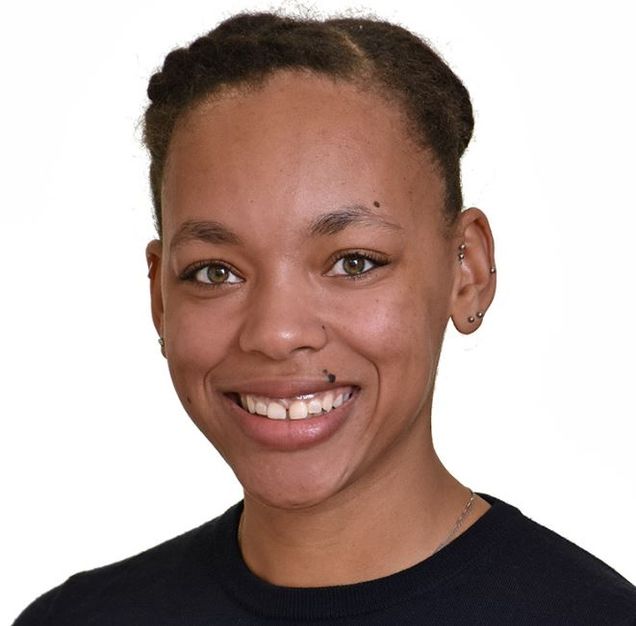Alumni Spotlight: Alaina Geary (GMS ‘20)
Alaina Geary is a September 2020 graduate of the Health Professions Education program and a current surgical resident at Boston Medical Center. She recently won a McCahan Day award for her project: 3-Year Evaluation of a Resident-As-Teacher Program for General Surgery Residents.
Q: Can you talk a bit about how your background in medical education inspired your McCahan Day project?
A: I have been involved in medical education work since medical school. I went to Tufts and worked with the Office of Educational Affairs, and also on curriculum development projects while I was there, notably on Student-As-Resident teacher programs, which were in place before I got there. Then I helped revise it, essentially, and update it. And then when I got to residency, I realized that Student-As-Resident programs were relatively uncommon. I worked with my mentor to build the first iteration of the BU Resident-As-Teacher program in 2017.
What the HPE program really changed about our Resident-As-Teacher program was learning more about curriculum development and thinking more about our outcomes. There are two things that I think are novel about our program: One, that it’s surgically focused. There are lots of Resident-As-Teacher programs in other specialties like internal medicine and pediatrics, but surgery is really tied to this apprenticeship model of: “If you just spend enough time with me, and you watch me do something you’ll eventually learn to do it.” And that may have worked in the past when there were no duty hour restrictions, and the breadth of general surgery was really narrow, and you just lived in the hospital, and you operated and you didn’t have to deal with EMRs and Medicare, and all of those things. But in the current era, we need to be more thoughtful about how we teach, and how to be effective. So, we need to change our paradigm. One of the things that we think is important is actually teaching people to be better educators.
Then, the other piece is that we were able to capture higher order measures than just self-reported outcome by the resident participants. We were able to look at all the data that was available to us, and found that we had access to student ratings of resident teaching, and we are able to track how those changed over time.
But in the current era, we need to be more thoughtful about how we teach, and how to be effective. So, we need to change our paradigm. One of the things that we think is important is actually teaching people to be better educators.
Q: What about the HPE program at GMS piqued your interest?
A: I was interested in taking a deeper dive into being a better educator, and really getting some skills around education research. I feel like the thing that I gained the most from the HPE program was learning qualitative research skills. I think that, especially for educational interventions, being able to ask deeper, more nuanced questions about something really specific and getting a more fleshed out understanding beyond just the surveys and beyond just the statistical tests, is incredibly important. It’s a real transferable skill, even to non-educational research questions.
Q: Do you have any advice for current GMS students, or for any student who wants to take a similar path as you?
A: Be open to educational opportunities. I didn’t even know that the HPE program existed. I was already taking time away from residency to do research, and I was interested in doing educational research. So, I was looking at other non-Masters programs and things like that. Then, someone mentioned to me offhand that there was a program that was available at BU. It fell into my lap, in a great way. And there are definitely pieces of it, like all the educational theory, where I was initially thinking: ‘I don’t need this, this isn’t important.’ But I learned so much, and I think a lot about how to actually apply it to surgical teaching. So, I would just say be open to new educational experiences, because you never know where they’re going to lead, or how they will become relevant to your life for the work that you do.
Q: Is there anything else you’d like to share?
A: I think that sometimes as MDs, and maybe this is just in surgery, but I think it applies to doctors in general, we’ve done so much hard schooling that we encounter something and we just think: ‘I can do that, like I can teach, I’m a smart person, I can figure this out.’ And maybe some people are naturally gifted and can figure it out. But we need more people who are dedicated educators in clinical medicine who have training and education beyond just naturally liking to teach, so that we can really move medical education forward.
